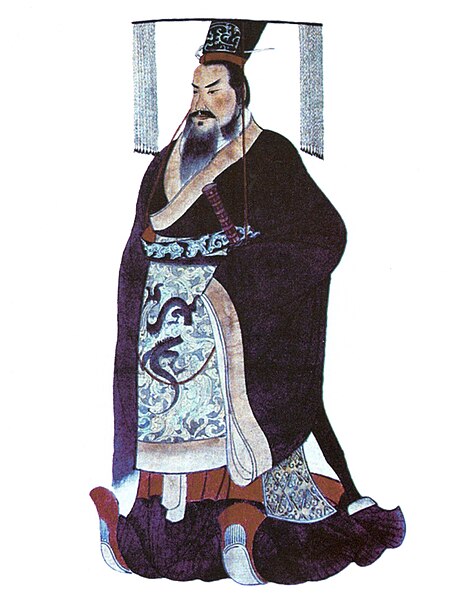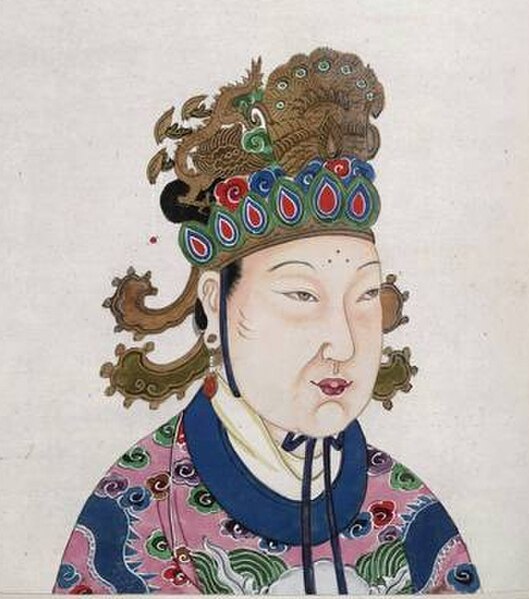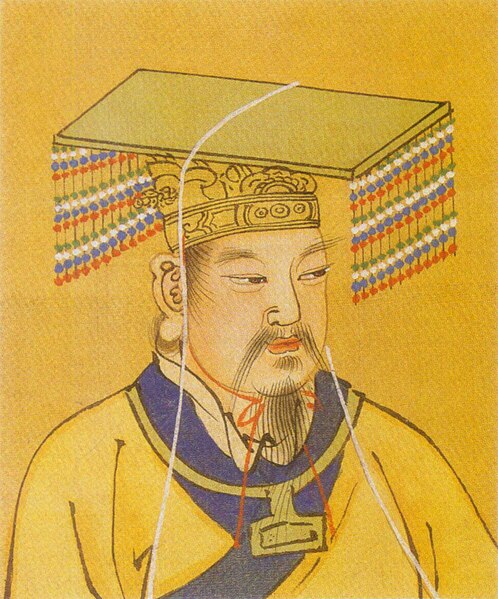Infinite photos and videos for every Wiki article ·
Find something interesting to watch in seconds
Largest Empires
Celebrities
Great Cities
Rare Coins
Countries of the World
Animals
Orders and Medals
Presidents
Sports
History by Country
Largest Palaces
Richest US Counties
Ancient Marvels
Recovered Treasures
World Banknotes
British Monarchs
Great Artists
Tallest Buildings
Great Museums
Famous Castles
Wonders of Nature
Kings of France
Wars and Battles
Crown Jewels
Best Campuses
Supercars
more top lists




